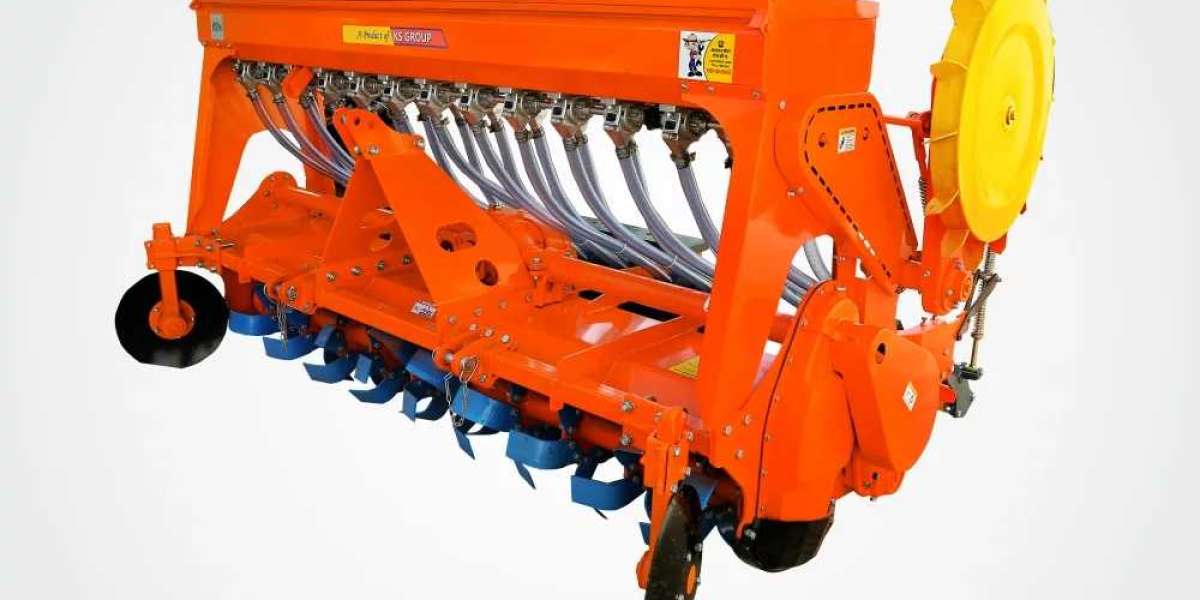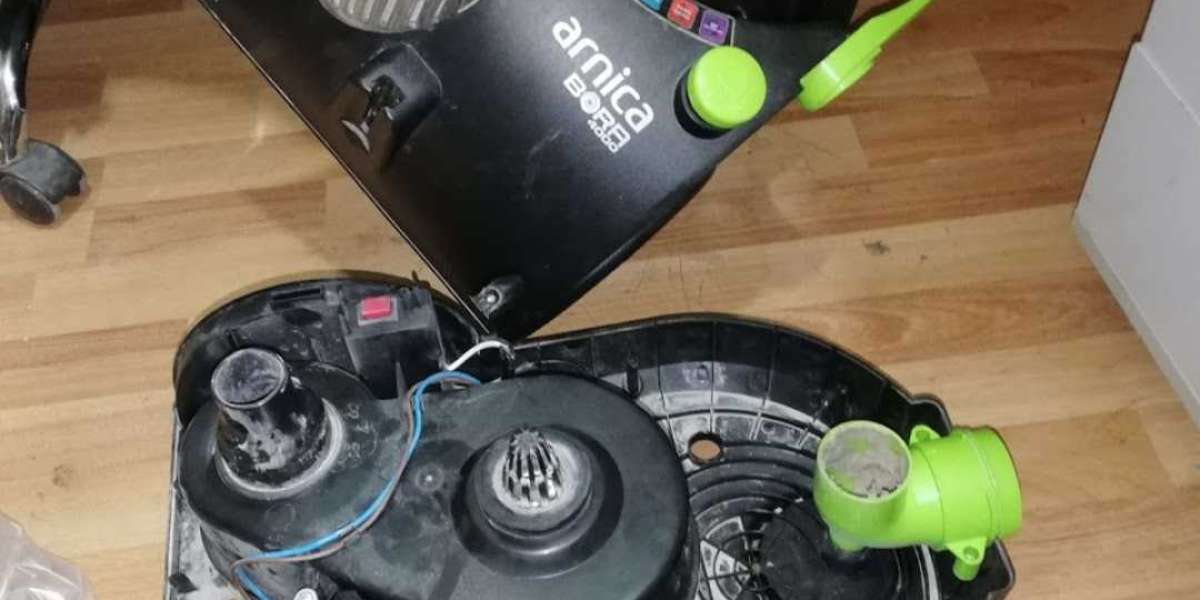Outline
- Introduction
- The Importance of Super Seeders in Modern Agriculture
- Brief Overview of Super Seeder Technology
- Understanding Super Seeders
- What is a Super Seeder?
- How Super Seeders Work
- Key Features of Super Seeders
- Factors Influencing Super Seeder Price
- Brand and Manufacturer
- Technology and Features
- Size and Capacity
- Material and Build Quality
- Market Trends and Pricing
- Current Market Trends
- Average Price Range for Super Seeders
- Regional Price Differences
- Benefits of Investing in a Super Seeder
- Enhanced Efficiency and Productivity
- Environmental Benefits
- Long-term Cost Savings
- Top Brands and Models
- John Deere
- Mahindra
- Case IH
- Kubota
- Where to Buy Super Seeders
- Online Marketplaces
- Local Dealerships
- Agricultural Fairs and Expos
- Financing and Payment Options
- Lease vs. Purchase
- Loan Options for Farmers
- Government Subsidies and Grants
- Maintenance and Operating Costs
- Routine Maintenance Tips
- Cost of Spare Parts
- Labor and Operation Costs
- How to Choose the Right Super Seeder
- Assessing Your Needs
- Comparing Different Models
- Reading Reviews and Testimonials
- User Experiences and Reviews
- Testimonials from Farmers
- Common Challenges and Solutions
- Future of Super Seeder Technology
- Innovations on the Horizon
- Impact of AI and Automation
- Conclusion
- Summarizing the Importance of Super Seeders
- Final Thoughts on Super Seeder Pricing
- FAQs
- What is the average price of a Super Seeder?
- Are there affordable financing options for Super Seeders?
- How often should a Super Seeder be maintained?
- Can Super Seeders be customized?
- What are the environmental benefits of using a Super Seeder?
Introduction
Agriculture has always been the backbone of human civilization, and as technology evolves, so do the tools we use to cultivate our land. Among these advancements is the super seeder, a revolutionary piece of equipment designed to enhance farming efficiency. But with innovation comes cost, and understanding the "Super Seeder Price" is crucial for any farmer looking to invest. Let's delve into the world of super seeders, exploring their benefits, the factors influencing their price, and much more.
Understanding Super Seeders
What is a Super Seeder?
A super seeder is an advanced agricultural machine that combines the functions of a traditional seeder and a rotary tiller. It is designed to plant seeds directly into the soil while simultaneously tilling it, ensuring better soil-seed contact and optimal germination conditions.
How Super Seeders Work
Super seeders operate by cutting through the soil with rotating blades, creating a fine seedbed. The seeds are then deposited into the soil at precise depths and intervals, covered immediately to protect them from birds and environmental elements.
Key Features of Super Seeders
Super seeders come with various features, including adjustable seeding rates, depth control, and compatibility with different types of seeds. Some models also offer GPS integration for precision farming, reducing wastage and improving overall yield.
Factors Influencing Super Seeder Price
Brand and Manufacturer
Just like with any other product, the brand plays a significant role in determining the price of a super seeder. Well-known brands like John Deere, Mahindra, and Kubota often command higher prices due to their reputation for quality and durability.
Technology and Features
The price increases with the level of sophistication in features and technology. More expensive than basic models are super seeders with GPS integration, variable rate seeding, and sophisticated tilling systems.
Size and Capacity
Super seeders come in various sizes and capacities, suitable for different farm sizes. Larger machines designed for extensive farming operations are naturally more expensive than smaller, more compact models.
Material and Build Quality
The materials used in manufacturing the super seeder also affect its price. High-quality, durable materials that ensure the machine's longevity will add to the cost.
Market Trends and Pricing
Current Market Trends
The agricultural equipment market is constantly evolving, with new technologies and models being introduced regularly. This dynamism can impact the pricing of super seeders, making it essential for buyers to stay updated on the latest trends.
Average Price Range for Super Seeders
On average, super seeders can range from $5,000 to $50,000, depending on the factors mentioned earlier. Basic models might be on the lower end, while advanced, feature-rich models will be on the higher end.
Regional Price Differences
Prices can also vary significantly based on the region due to differences in demand, availability, and import duties. For instance, super seeders might be more expensive in regions where they are not locally manufactured.
Benefits of Investing in a Super Seeder
Enhanced Efficiency and Productivity
One of the primary benefits of a super seeder is the increased efficiency it brings to the farming process. By combining tilling and seeding in one operation, it saves time and labor, allowing farmers to cover more ground in less time.
Environmental Benefits
Super seeders promote sustainable farming practices by reducing soil erosion and ensuring optimal seed placement, which can lead to better crop yields and less wastage.
Long-term Cost Savings
While the initial investment might be significant, the long-term savings in labor, time, and increased yields can make super seeders a cost-effective choice for many farmers.
Top Brands and Models
John Deere
Known for their reliability and advanced technology, John Deere super seeders are a popular choice among farmers.
Mahindra
Mahindra offers a range of super seeders known for their durability and efficiency, catering to various farming needs.
Case IH
Case IH provides high-performance super seeders with advanced features, ensuring precise and efficient seeding.
Kubota
Kubota’s super seeders are known for their compact design and robust performance, making them ideal for small to medium-sized farms.
Where to Buy Super Seeders
Online Marketplaces
Websites like Amazon, eBay, and specialized agricultural equipment sites offer a variety of super seeders, often at competitive prices.
Local Dealerships
Visiting local dealerships can provide a hands-on experience with the equipment, and you can often negotiate prices or financing options.
Agricultural Fairs and Expos
These events are excellent opportunities to see the latest models in action, compare different brands, and often benefit from special deals and discounts.
Financing and Payment Options
Lease vs. Purchase
For farmers who would rather not bear the high upfront costs, leasing a super seeder can be a cost-effective solution. On the other hand, purchasing is the best option for anyone seeking long-term investment.
Loan Options for Farmers
Many banks and financial institutions offer loans specifically for agricultural equipment, often with favorable terms for farmers.
Government Subsidies and Grants
Depending on your location, there might be government programs that provide subsidies or grants to help farmers invest in advanced agricultural equipment like super seeders.
Maintenance and Operating Costs
Routine Maintenance Tips
To guarantee the longevity and best performance of your super seeder, regular maintenance is essential. This include maintaining the equipment clean, lubricating moving parts, and inspecting and replacing worn-out parts.
Cost of Spare Parts
Spare parts for super seeders can vary in price, with more advanced models often requiring more expensive components. It's essential to factor in these costs when budgeting for a super seeder.
Labor and Operation Costs
Operating a super seeder might require skilled labor, which can add to the overall cost. However, the increased efficiency can offset these expenses over time.
How to Choose the Right Super Seeder
Assessing Your Needs
Evaluate your farm's size, the type of crops you grow, and your budget to determine the best super seeder for your needs.
Comparing Different Models
To make an informed choice, compare the features, costs, and reviews of different models. To make sure you select a machine that can expand with your farming operations, take into account both your present and future needs.
Reading Reviews and Testimonials
User reviews and testimonials can provide valuable insights into the performance and reliability of different super seeder models.
User Experiences and Reviews
Testimonials from Farmers
Hearing from other farmers who have used super seeders can give you a real-world perspective on their benefits and drawbacks.
Common Challenges and Solutions
Understanding the common issues faced by other users and how they have addressed them can help you make the most of your super seeder.
Future of Super Seeder Technology
Innovations on the Horizon
The future of super seeders looks promising, with innovations like AI and machine learning poised to make these machines even more efficient and user-friendly.
Impact of AI and Automation
AI and automation can revolutionize super seeders by providing real-time data analysis, precision farming capabilities, and automated adjustments, further enhancing their efficiency and effectiveness.
Conclusion
Super seeders, which give farmers a combination of efficiency, precision, and sustainability, are revolutionizing modern agriculture. Even while the initial outlay might appear high, the advantages over time greatly exceed the disadvantages. Farmers can select the best equipment for their requirements and make well-informed decisions by being aware of the elements driving super seeder prices.
Whether it's enhancing productivity, reducing environmental impact, or saving on operational costs, super seeders have become indispensable tools for today's farmers. With advancements in technology and ongoing innovations, the future of super seeders looks promising, paving the way for even greater efficiency and sustainability in agriculture.
Investing in a super seeder is not just about buying a piece of equipment; it's about investing in the future of farming and ensuring a prosperous harvest for generations to come.
FAQs
- What is the average price of a Super Seeder? The average price of a super seeder can vary widely depending on factors such as brand, features, and capacity. Generally, prices range from $5,000 to $50,000 or more.
- Are there affordable financing options for Super Seeders? Yes, there are various financing options available for purchasing super seeders, including leasing, loans from banks or financial institutions, and government subsidies or grants.
- How often should a Super Seeder be maintained? Regular maintenance is essential to ensure the optimal performance and longevity of a super seeder. It's recommended to follow the manufacturer's guidelines for routine maintenance, which may include checking and replacing worn-out parts, lubricating moving components, and cleaning the machine after each use.
- Can Super Seeders be customized? Yes, some manufacturers offer customization options for super seeders to meet specific needs or preferences. However, customization may affect the price and lead time for delivery.
- What are the environmental benefits of using a Super Seeder? Super seeders promote sustainable farming practices by reducing soil erosion, minimizing soil disturbance, and optimizing seed placement. This leads to improved soil health, water conservation, and overall environmental sustainability.



